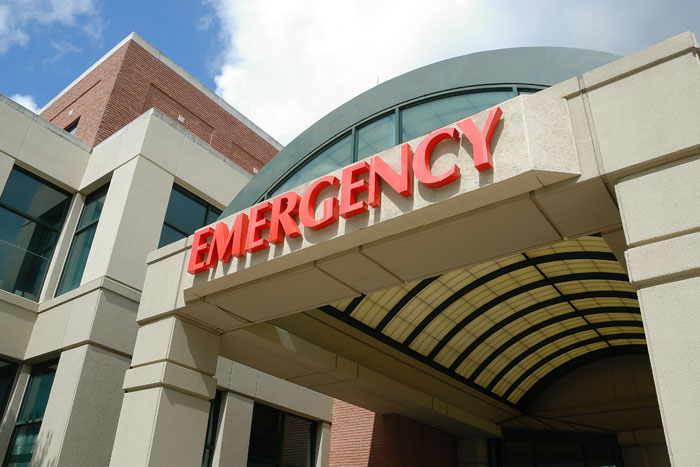- Mon-Fri (9am -5pm)
- info@wc-health



At WC Health, our psychiatric care services provide assessments, individualized treatment plans, and ongoing expert care for patients with various mental health conditions.
Our integrated systems modality includes direct access to a multi-disciplinary team of professionals who work seamlessly to develop an appropriate treatment plan for each patient.
LAI Treatments- Long-acting injectable treatments for patients with schizophrenia.
For some adolescents, especially those living with chronic conditions, such as depression, mood disorders, and thought disorders, the support of a therapist may not be enough. Our adolescent psychiatry care services provide assessments, individualized treatment plans, and ongoing expert care for various mental health conditions.

Our Intensive Outpatient Program (IOP) and Chemical Dependency Intensive Outpatient Program (CD-IOP) assist clients in acquiring skills to help them achieve their goals through intensive group therapy. Both programs use Motivational Interviewing (MI) and Cognitive Behavioral Therapy (CBT) practices to assist in restoring clients to their highest level of functioning.
Individual Therapy: One to one psychotherapy that supports clients in identifying troubling emotions, thoughts or behaviors and working together to meet person centered goals.
Family Therapy: Psychotherapy that assists families with issues that affect the mental health and functioning of the family system. Goals of family therapy include creating a better home environment, solving family issues, and understanding unique issues that a family might face.
Group Therapy: A form of psychotherapy that involves a gathering of clients who often are dealing with similar issues. Group therapy is facilitated by trained psychotherapists. Groups usually focus on a specific topic such as depression, life skills and/or grief and loss.

Rehabilitative Mental Health helps children, adolescents, and adults learn constructive and cognitive behavioral skills through positive reinforcement and other training techniques. RMH consists of two programs: Basic Skills Training (BST) and Psychosocial Rehabilitation (PSR). BST rehabilitates basic skills, including communication, socialization, time management, and organization skills. PSR is designed to reduce psychosocial dysfunction and restore individuals to their highest level of functioning. Both BST and PSR services are incorporated into an individual’s plan of care to reduce or overcome obstacles of success in attaining short- or long-term goals.
Basic Skills Training: Provided to the consumer with age and developmentally inappropriate cognitive and behavioral skills. BST services reteach adults and children a variety of life skills.
Psychosocial Rehabilitative Services: PSR services target psychological functioning by performing interventions to increase coping skills and positive behavioral management strategies within a variety of social settings.

The WC Health Mobile Crisis Assessment Team (MCAT) is the exclusive provider of mobile crisis assessments for Anthem Nevada’s membership in need of behavioral health services.
The objective of the Mobile Crisis Assessment Team is to improve the coordination of care for psychiatric emergency room patients by providing resources and assessments. This process provides for linkages to alternative levels of care for those with the need for mental health services.

Medication-Assisted Treatment (MAT) is a modality that uses medications, in combination with counseling and behavioral therapies, to provide a “whole-patient” approach to the treatment of substance use disorders. Research shows that a combination of medication and therapy can successfully treat these disorders, and, for some people struggling with addiction, MAT can help sustain recovery.
MAT is primarily used for the treatment of addiction to opioids such as heroin and prescription pain relievers that contain opiates. The prescribed medication operates to normalize brain chemistry, block the euphoric effects of alcohol and opioids, relieve physiological cravings, and normalize body functions without the negative effects of the abused drug. Medications used in MAT include those approved by the Food and Drug Administration (FDA), and MAT programs are clinically driven, and tailored to meet each patient’s needs.